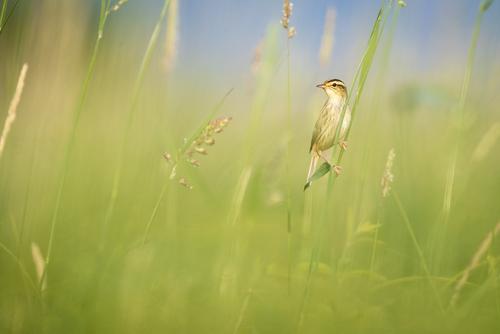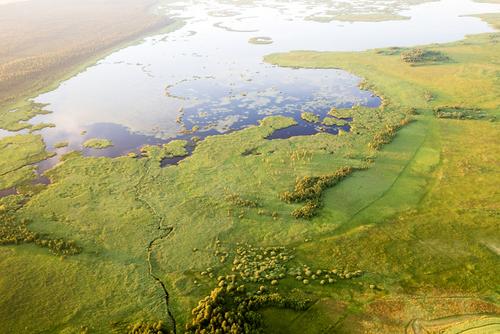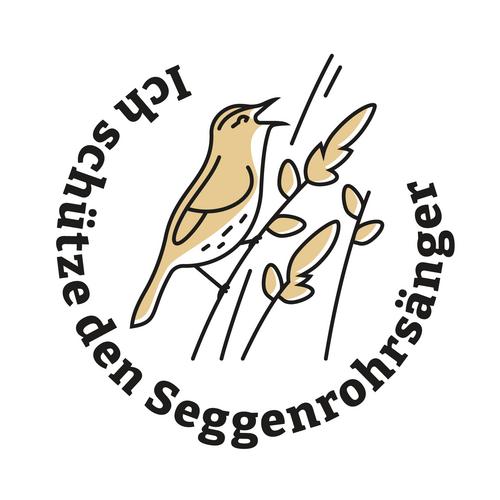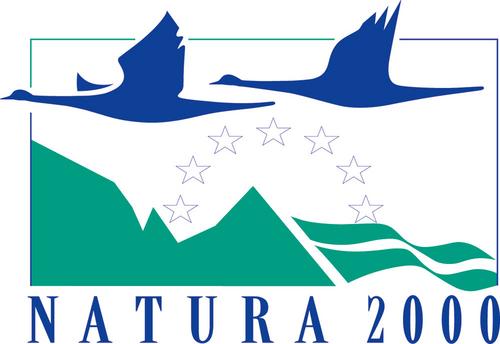++ International species conservation project for the Aquatic Warbler ++ Europe's rarest songbird to be saved from extinction ++ Last breeding grounds are in Eastern Europe, including Ukraine ++

A rare sight: an Aquatic Warbler in the reeds. EuroNatur and its partners are committed to ensuring that this endangered bird species does not become extinct.
© Žymantas Morkvėnas
The Žuvintas Biosphere Reserve in Lithuania is another important breeding area for the Aquatic Warbler.
© Žymantas Morkvėnas

Radolfzell. The Aquatic Warbler is the rarest songbird in Europe. There are only about 8,000 singing males left in its entire range. The habitat of the Aquatic Warbler, the sedge marshes, has been largely destroyed by humans through drainage, peat extraction and intensive agriculture.
Together with seven partners from five countries, the internationally active nature conservation foundation EuroNatur has launched the nine-year project ‘LIFE4AquaticWarbler’ to protect the Aquatic Warbler. The goal of the project, which is partly funded by the EU, is to halt the decline in subpopulations in Poland, Lithuania and Ukraine and to initiate the recovery of populations in Germany and Hungary. The aim is to restore the Aquatic Warbler's breeding area to a total of almost 4,000 hectares. To this end, areas will have their water levels restored, cleared of scrub and then managed by the local population in a way sympathetic to wildlife. This will also benefit the climate, as restoring water levels can reduce CO2 emissions in the project areas by a conservative estimate of 7,525 tonnes of CO2 per year; this corresponds to the emissions of around 5,000 people in Germany who regularly commute to work by car.
One of the geographical focal points of the project is Ukraine. The Polesia region near the border with Belarus is one of the last extensive breeding areas of the Aquatic Warbler. ‘The work in Ukraine in particular involves many uncertainties and risks,’ says Dr Stefan Ferger, programme director for migratory bird conservation at EuroNatur. ‘However, as Ukraine is home to around a third of the world's population of the Aquatic Warbler, the support of our Ukrainian partners is crucial for the protection of the species,’ says Ferger.
Background information:
• Aquatic Warbler: Once a common inhabitant of marshes, this species has experienced an unprecedented decline in population in recent decades; today, the Aquatic Warbler is considered the rarest songbird in Europe. In Eastern Central Europe, we are fighting for its survival – this may be the last chance for the species. The Aquatic Warbler is inconspicuous at first glance, but it is an umbrella species standing for many positive nature and climate protection effects.
• The project ‘Conservation of Europe's rarest continental songbird: A cross-border initiative for the recovery of the Aquatic Warbler population’ (acronym: LIFE4AquaticWarbler) is funded by the EU's LIFE programme, the Ministry of the Environment of the Republic of Lithuania, the Michael Otto Foundation, the Kurt Lange Foundation, the Brandenburg Nature Conservation Fund, the Giving Back to Nature Foundation, the Bird Conservation Fund and the project partners. It officially started on 1 October 2024 and is scheduled to run for nine years.
Enquiries:
Christian Stielow, christian.stielow(at)euronatur.org, Tel.: 07732/927215


